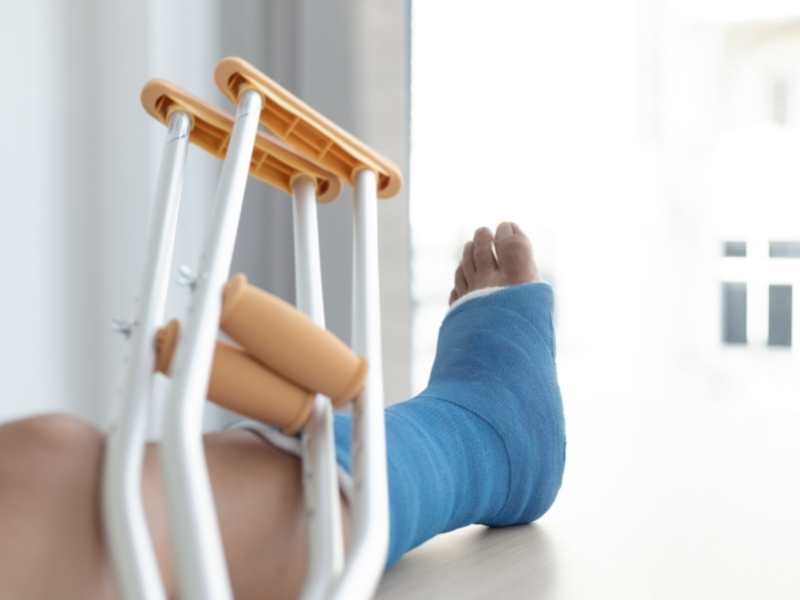What Is Negligence?

What is Negligence?
Negligence is a failure to exercise appropriate care in a situation that results in injury or damage to others. This definition links neglect to the concept of “duty of care,” a legal principle that requires people to take reasonable steps not to harm others through unreasonable actions, words, or omissions.
Many of the injury cases we are involved in are happening because of negligence. So what exactly is negligence? How do you know someone was negligent and that negligence caused your injuries? In our latest blog, we’re going to review precisely what negligence is and how we handle these types of cases.
The Four Phases of a Negligence Case
There are four elements of negligence, so let’s review those.
1. Duty of Care
To prove negligence, you must prove that the defendant has a standard, or duty, of care to you. A duty of care is an obligation to keep you and other patrons safe by acting in a reasonable manner. For example, a concert venue has the duty of care to its concertgoers. The concert-goers should be safe from harm while at the venue. Other examples of duty of care are:
- A band at a concert is responsible for the safety of concertgoers
- Doctors and nurses have a duty of care to their patients
- Schools have a duty of care for their students
2. Breach of Duty
Upon proving the defendant had a duty of care, you now must show that they breached that duty of care. A breach of duty of care will look different in every case, but a few examples are:
- A lack of crowd control
- Missing essential medications while in the hospital
- Bleachers collapsed
3. Causation
In the next step, after you prove the defendant had breached their duty of care, you need to prove that the breach caused harm, injury, or even death. Again, this will look different for every case, but a few examples are:
- The crowd at the concert got out of hand, injuring innocent concertgoers
- The missed medication caused a patient to get sick
- Broken bones from the collapsed bleachers
4. Damages
Now that your lawyer has proven their case, it’s time to discuss the damages and compensation. Damages you can go after are:
- Medical bills (past, present, future)
- Lost wages (past, present, future)
- Pain and suffering
- Property loss
- Loss of enjoyment of life
How Can a Personal Injury Or Premises Liability Lawyer Help Me?
A personal injury attorney will prove that there was negligence and it caused you great harm. These cases can come from:
- car accidents
- slip-and-fall incidents
- product liability claims
- medical malpractice
- construction accidents
- and other sources.
Contact Wilson Reeder and Zudar Today
If you or someone you love has been injured or made ill from the negligence of another, you may have a case. Contact our law firm today to get started.
